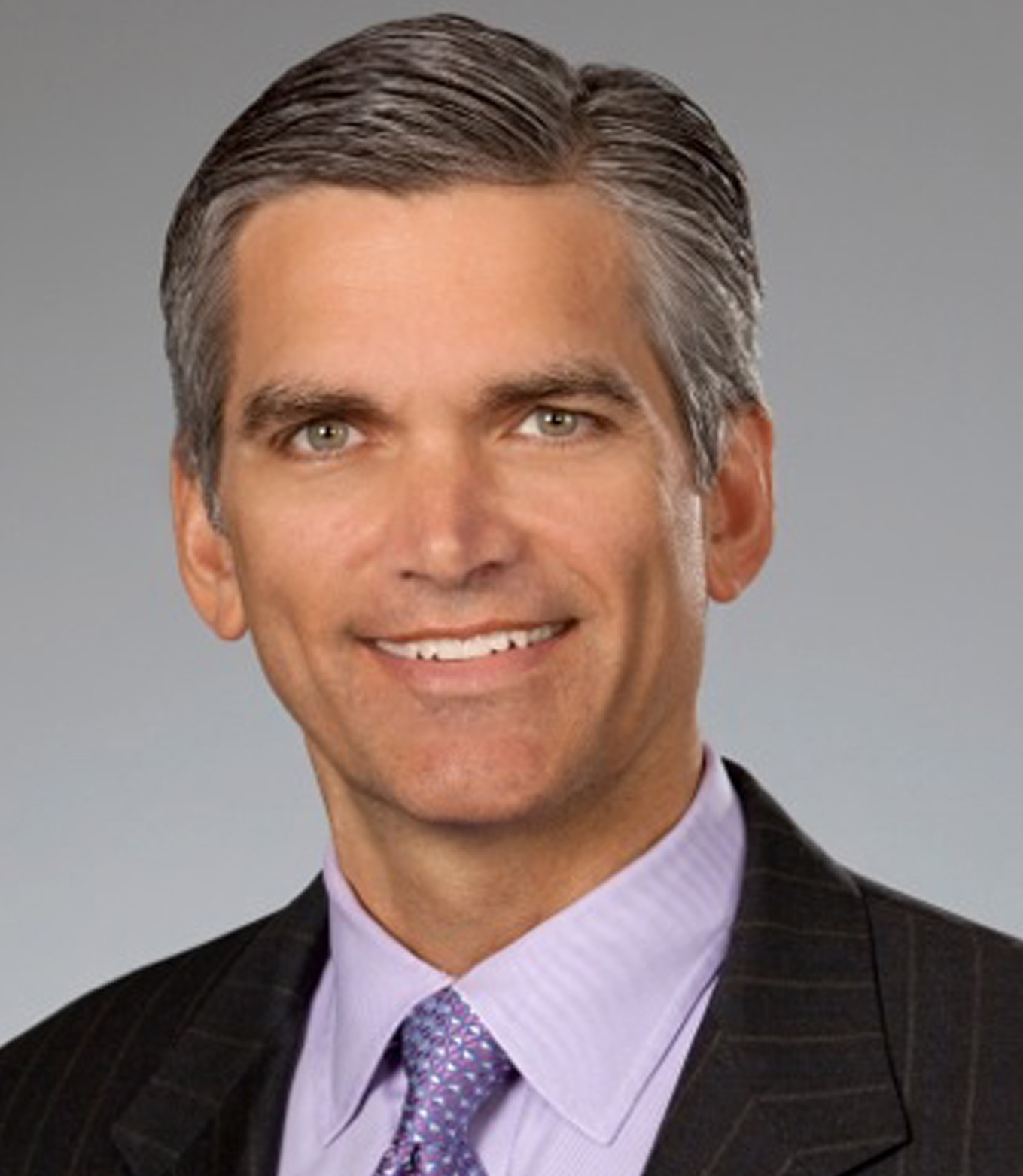
Navy Band and premiered at the Kennedy Center in Washington D.C.

Perhaps his most important composition from this time was Eternal Father Strong to Save which was commissioned in 1975 to commemorate the 50th anniversary of the U.S. Notably, Smith's compositional output increased during these years, and he was inducted into ASCAP in 1970. During this time, he resumed his activities as a church choir director, began teaching a high school theory/composition course, and developed, with the help of his assistant Bill Maupin, the pedagogical system that was later codified in his band method books. Smith moved from Kansas City to Chillicothe, Missouri in 1966 where he stayed for ten years. Particularly important from these years was the composition of Emperata Overture which was featured at the 1964 Mid-West Band and Orchestra Clinic and is one of Smith's most performed and highly regarded works. In 1963, Smith began teaching at Center High School in Kansas City, Missouri where he stayed until 1966. Both pieces are band works that were published by Wingert-Jones Publications, a publisher with whom Smith would maintain a relationship throughout his life. Following the birth of his daughter Pamela Kay in August 1958, he taught band in Cozad, Nebraska, conducted a local church choir, and composed pieces such as Honor Guard and Citation. After college, Smith worked as an instrumental music educator in Nebraska and Missouri until 1976. Smith graduated in 1958 with a Bachelor of Music Education degree. Representative pieces from this period include Prelude and Allegro for brass choir and The World Freedom March for band. There, he played horn in several ensembles, most notably in the band led by Russell Wiley who encouraged Smith's interest in composition and arranging. Smith returned to higher education in 1955 when entered the University of Kansas. Later that year, on October 5, 1952, he married Maureen Morrison. Stationed in Leavenworth, Kansas, Smith served as both hornist and librarian for the band, the latter of which prompted him to begin arranging and composing. He left that institution in 1952 to join the 371st US Army Band during the Korean War. Anderson and switched his primary instrument from cornet to horn. In 1950, Smith entered the Central Methodist College in Fayette, Missouri where he played under band director K.K. Smith's conducting can be traced to this time, both at high school and with a local Boy Scout band. Harold Arehart assumed the band directorship at the Carrollton Schools in 1947, and had a significant influence on Smith who studied cornet with him and served as his assistant.

Smith first participated in band in the eighth grade after receiving a cornet for Christmas. During this time, his grandmother, a piano teacher and organist, indirectly influenced him through informal musical contact. Smith took dancing lessons in both locations, and began piano lessons and participated in school music and theater productions while living in Carrollton. The family moved twice in Smith's early years: to Kansas City shortly after his birth and to Carrollton, Missouri around the time that he entered school. Majority of material found within 1964-1987Ĭlaude Thomas Smith, a prominent American educator, conductor, and composer, was born in Monroe City, Missouri on Mato Claude Melvin and Harriet Thomas Smith. The bulk of these manuscripts are editing/correction scores that document the final stages of Smith's creative process.

All scores are arranged alphabetically by composition title.
#CLAUDE TAD SMITH FULL#
The collection, part of the ABA Research Center, contains manuscript condensed and full scores, editing/correction scores, and published scores written throughout Smith's career. Upon leaving the University in 1978, Smith's focus became primarily on composing, which he continued until his death in 1987. Smith worked as an instrumental music educator in Nebraska and Missouri until 1976, developing during that time a pedagogical system that was later codified in his band method books, and from 1976-1978 was a professor at Southwest Missouri State University. Navy Band and premiered at the Kennedy Center in Washington D.C and Flight which was adopted as the "official march" of the Smithsonian Institute's National Air and Space Museum. His compositions include the works Emperata Overture which was featured at the 1964 Mid-West Band and Orchestra Clinic Eternal Father Strong to Save which was commissioned in 1975 to commemorate the 50th anniversary of the U.S. A prolific composer, Smith completed over 110 compositions for band, twelve orchestral works, and fifteen choral pieces. Claude Thomas Smith was an American educator, conductor, and composer born in Missouri in 1932.


 0 kommentar(er)
0 kommentar(er)
